Gandhiji Concept of Truth:
From first to last, Satya or Truth was sacred to Gandhi. It was to him the supreme value in ethics, politics and religion, the ultimate source of authority and to secure justice. Not only was the truth the most important and an all-inclusive principle to Gandhi, but it was also logically a prior to all the other human virtues and excellences.
Gandhi distinctly shifted his emphasis from God to the truth as the ultimate object of human worship. Truth alone exists; Satya is derived from sat. If there is God, Truth must be God. Even if we do not wish to assume the existence of God, we must assume the existence of Truth; if we are to evolve as human beings. God is difficult to define, but the definition of Truth is deposited in every human heart.
Gandhi did not merely regard Satya as the necessary basis of all life and therefore, of human society, but also looked upon every man as a ‘truth-seeker’ by definition. Devotion to the truth is the sole reason for human existence, and truth alone really sustains us at all times. Without truth, it would be impossible to observe any principles or rules in life. The truth of few will count, the untruth of millions will vanish even like chaff before a whiff of wind. Falsehood and dishonesty often seem to win, but in reality, truth wins in the end. We do not always know wherein lies our good, and it is, therefore, best to assume that good always comes from following the path of truth. Those who observe it may be few but “they are the salt of the earth, it is they who keep the society together, not those who sin against light and truth”.
Gandhi’s concept of truth was developed in an effort to undermine the external authority and to reaffirm the moral autonomy and authority of the individual as an agent and an active performer in the arena of politics and social life. In his battle against untruth, he required the moral courage and spiritual equilibrium that come from a capacity to withdraw into oneself while working in the midst of society.
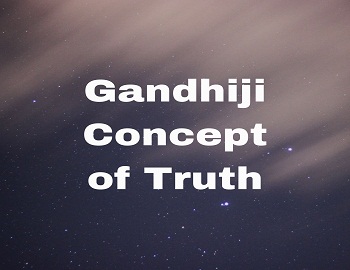
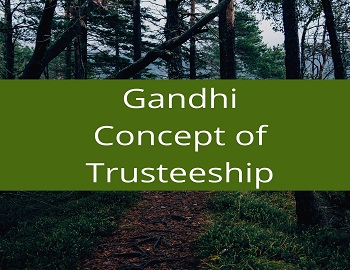
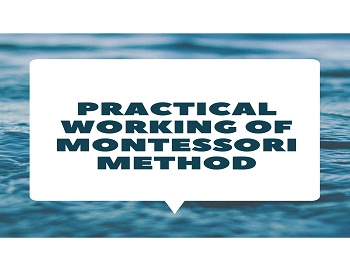
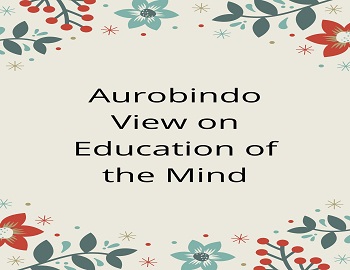
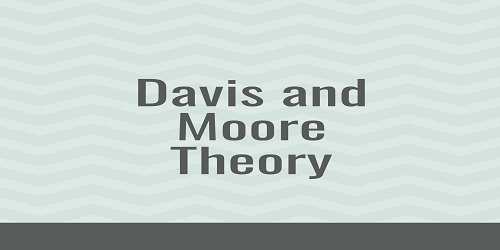

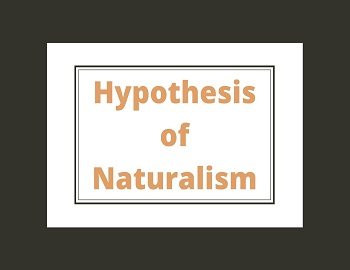
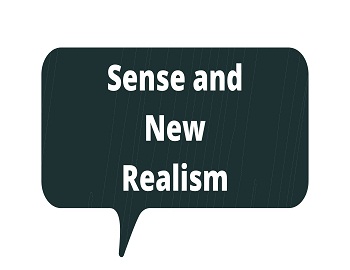
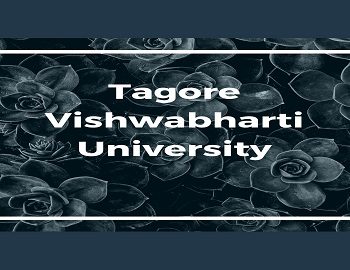
Comments (No)